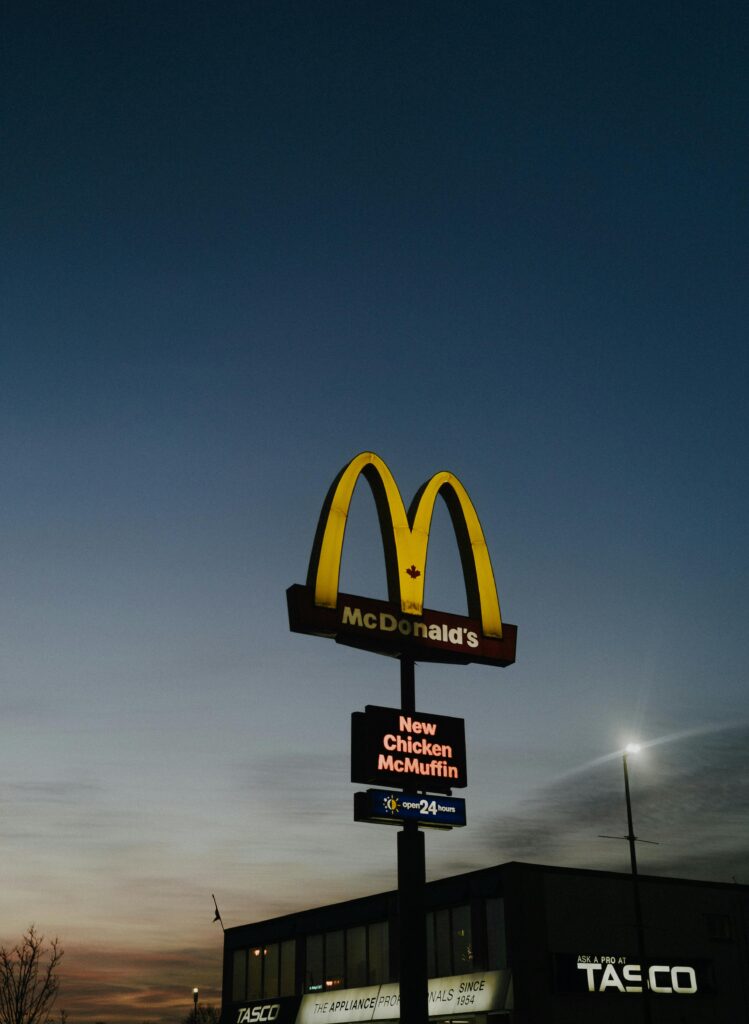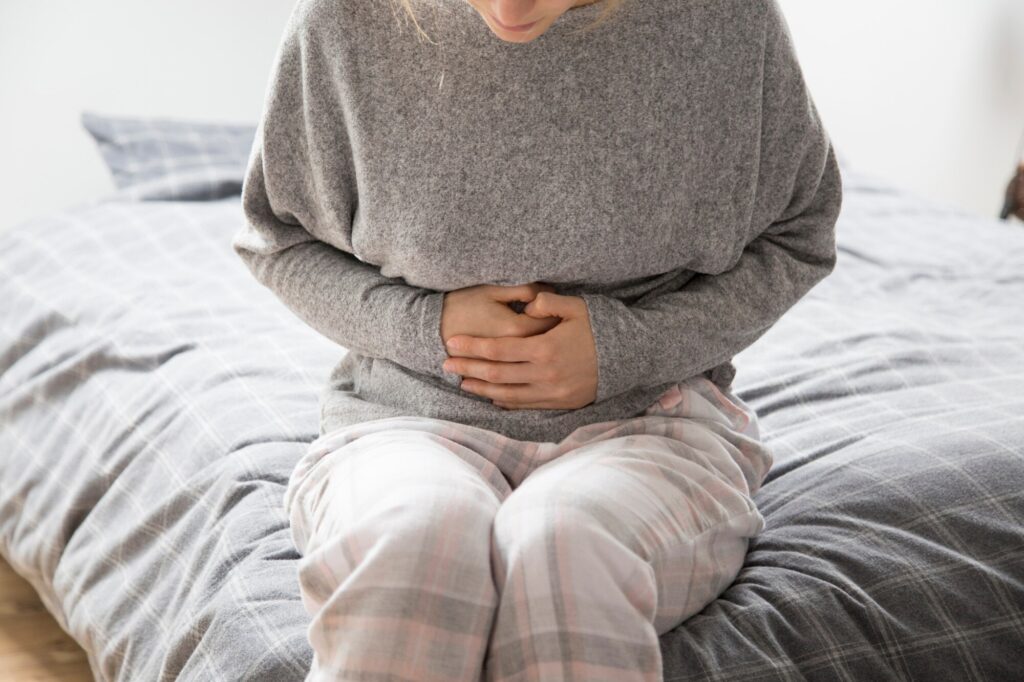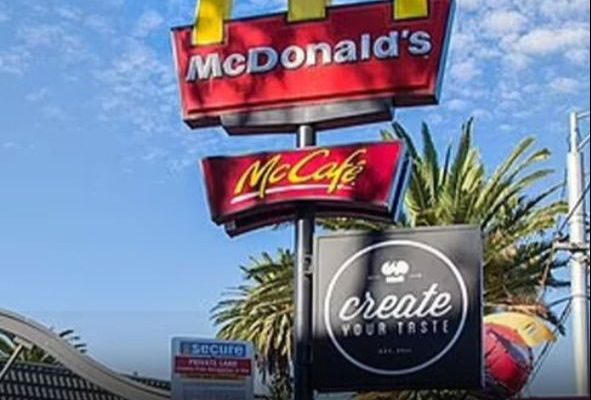Off The Record
Take These Safety Precautions If You Recently Ate At McDonald’s
People who have eaten a McDonald’s Quarter Pounder in the last few weeks are advised to be on the lookout for any changes in their bodies.
In Mountain West states, a significant E. coli outbreak has been connected to a number of fast food establishments, resulting in one fatality and ten hospitalizations.
Officials believe the chain’s Quarter Pounder’s patties or onions may have been tainted, leading to the closure of nearly 2,700 locations—roughly one-fifth of all US locations—due to the incident.
Every day, 100,000 Americans eat quarter pounders. According to the CDC, if you feel ill after eating one, you should call your doctor right away.
Additionally, food safety specialists advised dailypostiveinfo that individuals who ate at McDonald’s should exercise caution for two to eight days following exposure because symptoms may not appear for up to a week.

It is advised to get care right away because E. coli can kill up to 5% of those it infects. According to the CDC, there have only been 49 confirmed cases of the sickness in Americans who ate at McDonald’s, although that number is probably far lower.
Tom Skinner, a spokesperson for the CDC, said: “We fully expect to see more cases.”
“McDonald’s has moved rather quickly to take action to, hopefully, prevent as many cases as possible.”
However, the agency warned customers: “If you have severe symptoms of E. coli infection after eating a Quarter Pounder hamburger at McDonald’s, seek health care and tell your provider about what you ate.”
The majority of patients get better on their own, but those who are very sick can have had dehydration, vomiting, cramping in the stomach, and bloody diarrhea.
Additionally, the government recommends getting care if vomiting is so bad that it’s hard to keep liquids down or if diarrhea persists for at least three days without getting better.
The 0157:H7 strain of E. coli, which was related to the 1993 Jack in the Box murder of four children, made the affected patients ill. The Association of Public Health Laboratories’ director of food safety, Shari Shea, cautioned that it can result in extremely dangerous illnesses.
Mitzi Baum, a food safety expert and CEO of nonprofit Stop Foodborne Illness, told dailypositiveinfo “If you have eaten a Quarter Pounder recently and are showing the symptoms described above, please seek medical attention immediately. In order for your illness to be treated appropriately, you need to be tested for E. coli.”
“Tell your medical provider that you believe that you are part of the current E. coli outbreak associated with McDonald’s Quarter Pounders, and you want to be tested for E. coli.”
Tests on urine, blood, and stool can identify the bacteria.

Despite the epidemic, she added, “consumers don’t need to avoid the restaurant entirely,” because restaurants in affected states have withdrawn the contaminated goods.
Colorado, Nebraska, Kansas, Missouri, Iowa, Wisconsin, Wyoming, Montana, Utah, and Oregon were among the ten states where the pandemic expanded.
Customers who ate a Quarter Pounder between September 27 and October 11 are therefore most have risk of infection if they reside in those states.
According to Ms. Baum, elderly people and small children should exercise extra caution since they are more likely to have weakened immune systems, which leaves them more susceptible to serious diseases.
She said: “They can develop a serious complication of E. coli poisoning called hemolytic uremia syndrome (HUS). If it occurs, it develops an average of seven days after the first symptoms, when the diarrhea is improving.”
The CDC report mentions HUS as the condition that led to the hospitalization of the unnamed youngster. It kills fewer than one in twenty Americans every year, and it affects 200 to 300 of them.
Fever, stomach ache, pale skin, exhaustion, agitation, bruises, and bleeding from the mouth and nose are all signs of HUS, according to Ms. Baum.
There is no specific treatment for E. coli, so most patients are expected to rest and drink plenty of fluids to stave off dehydration, Ms. Baum said.
If a patient has hemolytic uremic syndrome, a condition that affects the kidneys, the CDC advises treating severe E. coli with intravenous fluids, blood transfusions, and kidney dialysis.
Ms. Baum said, “Antibiotics should not be used to treat this infection. There is no evidence that treatment with antibiotics is helpful, and taking antibiotics may increase the risk of HUS.”
Anti-diarrhea drugs slow down the digestive tract and restrict the body from eliminating toxins, which could prolong your illness, according to the Mayo Clinic.
McDonald’s USA President Joe Erlinger said Wednesday that the fast food chain will need to rebuild trust with the public amid the outbreak. Shares in the company have already fallen by nearly six percent as a result.
